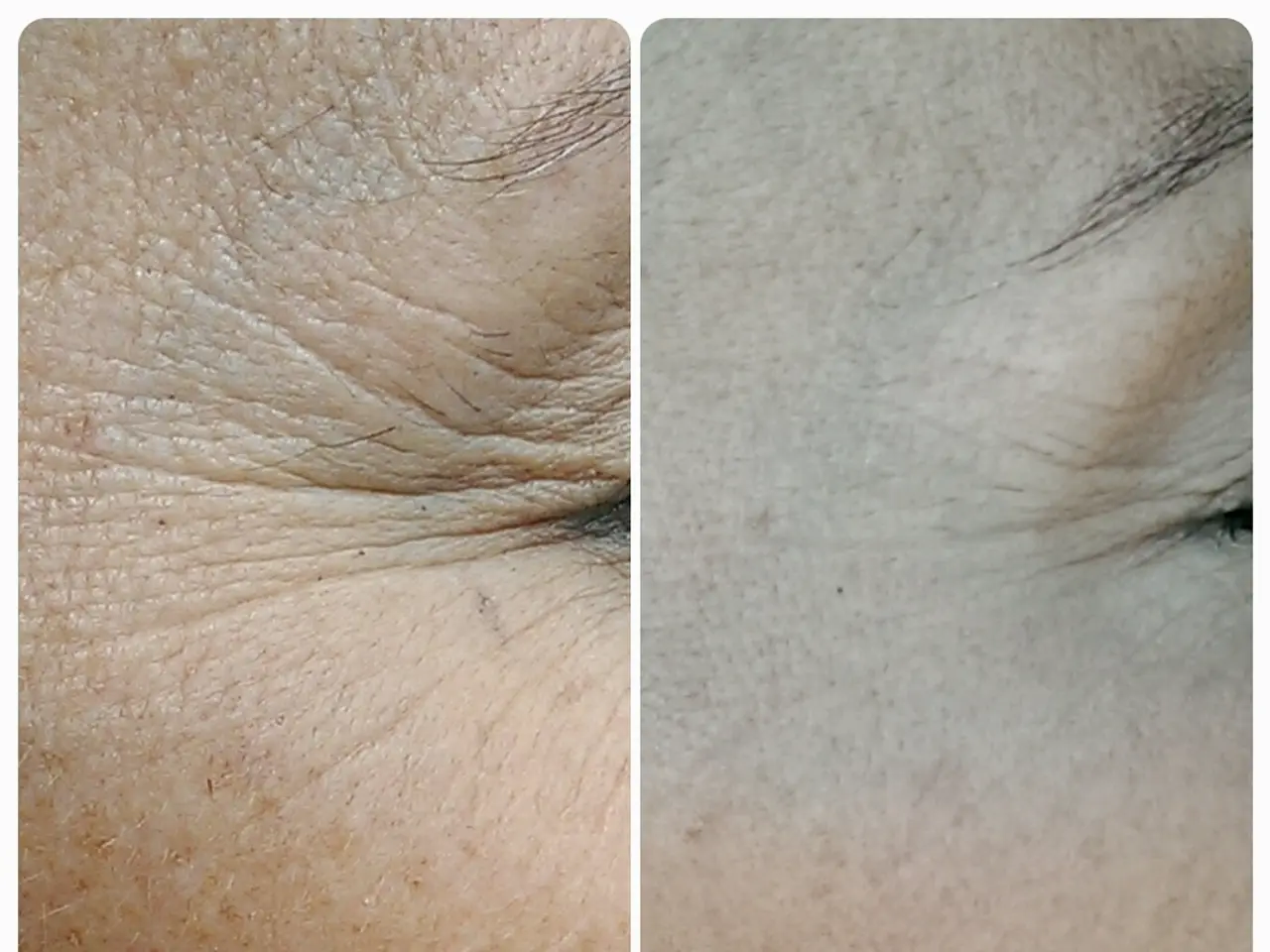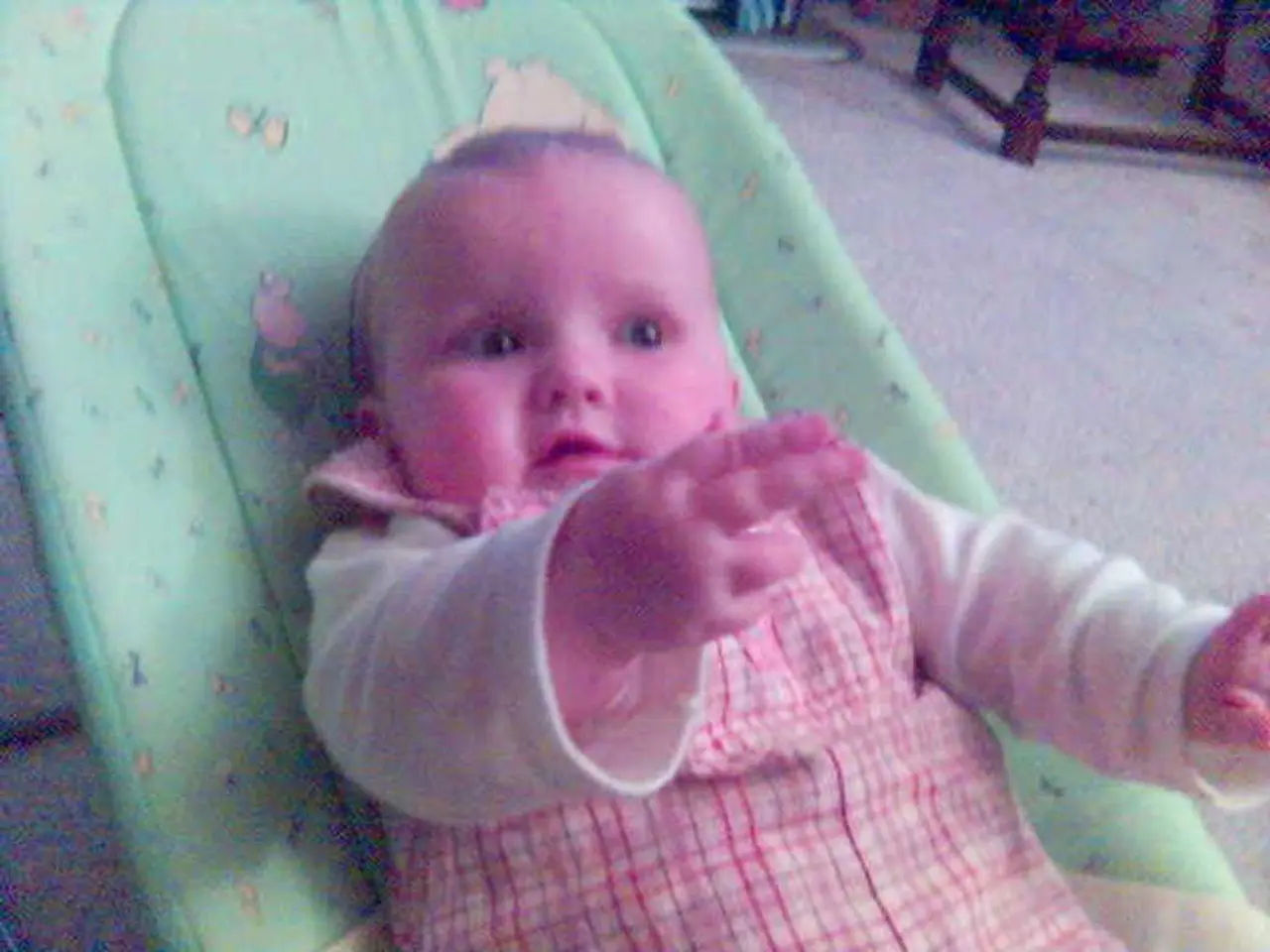Could these three advancements potentially alter the course of your medical practice?
Health Tech's Cutting Edge in 2017
Hey there, folks! Tech advancements in health care are constantly improving, aiming to make patient experiences better, contribute to long-term health outcomes, and simplify the process of delivering care. Let's take a look at some of the exciting tech on the horizon in 2017 that caters to specific needs. Medical News Today recently reported on these innovations from the WIRED Health conference in London, UK.
Patient-centric care takes center stage
Many health problems that affect us as a population continue to persist, in light of rapid technological growth. Here’s where innovative technology can make a difference for each patient and their unique needs. The key is to focus on a granular scale, addressing matters on an individual level.
Diabetes care, personalized molecular diagnostics for cancer, and soothing music for anxiety and pain management are just a few areas with life-changing technological advancements on the horizon.
Verily and Onduo: Bridging the digital divide in diabetes care
Dr. Jessica Mega of Verily, formerly Google Life Sciences, spoke at WIRED Health about leveraging technology to benefit providers and patients. Verily’s platform, Onduo, launched in partnership with Sanofi in 2016, focuses on type 2 diabetes patients, helping them manage their condition more effectively through personalized solutions. The platform is a multipronged approach that integrates technological devices, software, and traditional medicine.
Verily aims to improve key areas like medication management, health goals, and healthy behavior. The input comes from patients themselves, healthcare professionals, insurers, and other stakeholders. Eventually, plans are to extend this platform to type 1 diabetes patients and high-risk groups to prevent disease onset.
A miniaturized continuous glucose monitor, currently in development with Dexcom, is part of the technology aspect of this platform. The device will replace traditional bulky glucose monitors, making continuous monitoring less disruptive and improving behavioral compliance.
A continuous glucose monitor patch: Better care through data?
According to a study in Diabetes Therapy, less than 50% of type 2 diabetes patients achieve the recommended glycemic goals, which may be associated with decreased adherence to treatments. Verily’s glucose monitor patch will facilitate subcutaneous monitoring of the interstitial fluid that may be less burdensome for patients requiring frequent glucose level measurements. The device will wirelessly connect to a platform to securely share data and track the wearer’s glucose levels continuously.
This continuous, accurate data could offer a clearer picture of individual patients, resulting in better care, explains Euna Chi, M.D., an assistant professor of clinical medicine at the University of Illinois Hospital and Health Sciences System in Chicago. However, concerns persist about the patch’s accuracy, high costs, and the need for routine fingerstick readings.
Guardant Health and personalized cancer care
Guardant Health took the stage at WIRED Health, raising the importance of accurate cancer diagnostics. In 2015, Guardant Health published a study in PLOS One showing high analytical accuracy in detecting somatic mutations in circulating tumor DNA from patients with stage III-IV solid tumors, using their digital next-generation sequencing platform.
The Guardant360 system is designed to identify specific mutations associated with solid tumors, for which FDA-approved therapeutics are available. This liquid biopsy system allows for continued monitoring during treatment to detect emergent resistance to targeted therapies, potentially improving outcomes.
Sync Project: Music for precision medicine
Music therapy is not new in medicine; evidence shows that it can help manage pain and anxiety, improve memory, and aid the treatment of neurological conditions. The Sync Project is taking things up a notch by focusing on music as precision medicine, using sound and music for personal health and wellness, and clinical conditions.
Marko Ahtisaari, CEO of Sync Project, is developing generative music, compositions created by computers that respond to physiology. Partnering with scientists and musicians, Sync Project is investigating how certain aspects of music can impact heart rate, brain activity, and sleep patterns.
Sync Project aims to apply machine learning to data collected from listeners to develop personalized music therapeutics. The initial conditions targeted by Sync Project’s app, unwind.ai, are sleep, relaxation, anxiety, and pain, using smartphones to detect the user’s heart rate and adjust the music accordingly.
The Future of Health and Medicine
The intersection of technology and health is on the rise, fueled by innovative firms and entrepreneurs in various fields, such as diabetes care, cancer diagnostics, and music therapy. These advances are expected to have a significant impact on long-term patient care and outcomes. Will music therapy take the place of painkillers in the future to combat the ongoing opioid epidemic? Only time will tell!
- A nutritionist might find the glucose monitor patch developed by Verily beneficial in managing the nutrition plans of type 2 diabetes patients, as it provides continuous, precise glucose level data wirelessly.
- Personalized molecular diagnostics for cancer, like those offered by Guardant Health, can play a crucial role in patientcare by identifying specific cancer-related mutations and offering tailored treatment options.
- In addressing chronic-diseases such as diabetes and chronic-conditions like painful medical-conditions, it is essential to focus on microlevel approaches to deliver personalized solutions for each patient through technology.
- The integration of science and technology in health and wellness, as demonstrated by innovations like Onduo and the Guardant360 system, can lead to better disease management and improved long-term health outcomes for patients.
- The future of diabetes care may include the use of wireless continuous glucose monitor patches to enhance medication management, healthy behavior, and health goals, ultimately improving care for type 2 diabetes patients.
- As the Sync Project develops personalized music therapeutics through machine learning, it could potentially revolutionize health-and-wellness by offering a non-pharmaceutical alternative to treat conditions such as anxiety and pain, thereby contributing to the fight against the opioid epidemic.





